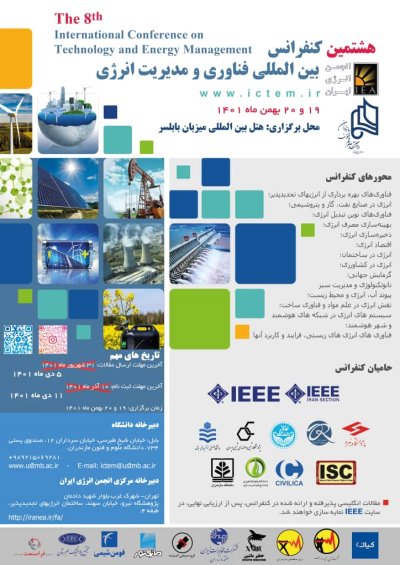0% Complete

نویسندگان :
کلمات کلیدی :
چکیده :
لیست مقالات بایگانی شده
عسگر خادم وطنی - ایرج خلیلی دوست
بهروز حاجی صادقیان - محسن جعفری - جعفر رضویان
Abdul Marouf Rahmani - Amir Khorsandi - Seyed Hossein Hosseinian
Hamed Kheirandish Gharehbagh - Sajjad Miralizadeh Jalalat - Masoud Agabalaye-Rahvar - Kazem Zare - Tuba Gözel
Seyed Mohammad Hassan Nobakhti - Behdad Mahdavi - Alireza Jalali - Alireza Riasi
Ali Nadermohammadi - َAli Seifi - Hadi Aghaei - Seyed Majid Hashemzadeh - Pouya Abolhassani - Ebrahim Babaei
Peyman Zare - Iraj Faraji Davoudkhani - Rasoul Zare - Hossein Ghadimi - Bakhshali Sabery - Ahad Babaei Bork Abad
Aidin Shaghaghi - Mohammad TaghiTahooneh - Mohammad Yahyaeifar - Rahim Zahedi - Reza Dashti
قاسمعلی صفار - محمدرضا سرمستی امامی



